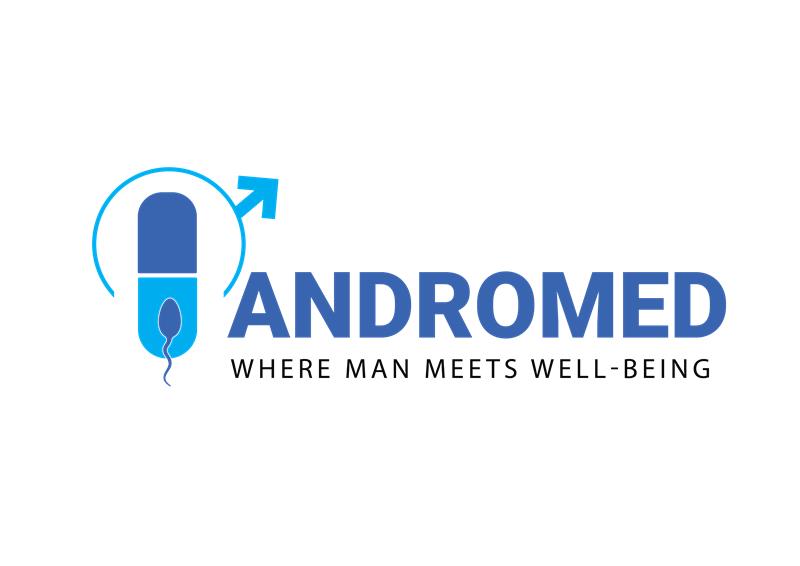BLOG

Nov 29,2024
Overcoming Low Testosterone: Lifestyle Changes That Make a Difference
Low testosterone, or low T, is a condition where the body produces insufficient levels of the hormone testosterone. This hormone is pivotal for male health, affecting muscle mass, bone density, mood, energy levels, and libido. While testosterone naturally decreases with age, factors like poor diet, stress, lack of exercise, and medical conditions can accelerate this decline. If left unmanaged, low testosterone can lead to fatigue, mood swings, reduced strength, and a diminished quality of life. The good news is that adopting healthier lifestyle habits can naturally enhance testosterone levels, offering a pathway to improved well-being.
The Role of Diet in Boosting Testosterone
Diet plays a fundamental role in supporting hormonal health, and certain foods can naturally increase testosterone production. A balanced diet rich in healthy fats, lean proteins, and complex carbohydrates is crucial for maintaining optimal hormone levels.
Key nutrients that aid testosterone production include:
- Zinc and Magnesium
These minerals, found in foods like shellfish, seeds, and nuts, are essential for hormone synthesis.
- Vitamin D
Sources such as fatty fish, fortified dairy products, and egg yolks support testosterone regulation.
- Healthy Fats
Avocados, olive oil, and nuts provide essential fatty acids that aid hormone production.
- Antioxidants
Fruits and vegetables like spinach, broccoli, and berries combat oxidative stress, protecting testosterone-producing cells.
Limiting processed foods, added sugars, and trans fats is equally important, as these disrupt hormonal balance. Hydration also plays a key role in maintaining overall bodily functions, including testosterone regulation.
Exercise: A Natural Testosterone Booster
Physical activity is one of the most effective ways to enhance testosterone levels naturally. Regular exercise not only improves fitness but also helps maintain a healthy weight, which is crucial for hormonal balance.
- Strength Training
Resistance exercises like squats, deadlifts, and bench presses are particularly effective in stimulating testosterone production.
- High-Intensity Interval Training (HIIT)
Alternating intense exercise with recovery periods enhances cardiovascular health and promotes testosterone production.
- Yoga and Stretching
These activities not only improve flexibility but also reduce stress, indirectly supporting hormone health.
Staying consistent with physical activity fosters a healthier body and mind, creating the perfect environment for balanced hormone levels.
Managing Stress for Hormonal Balance
Chronic stress is one of the leading contributors to hormonal imbalances. It triggers the release of cortisol, a hormone that inhibits testosterone production when elevated for extended periods. Adopting stress management techniques can help restore hormonal equilibrium.
- Meditation and Mindfulness
Practising mindfulness exercises and meditation can significantly reduce cortisol levels, creating a relaxed state.
- Physical Relaxation Techniques
Activities like deep breathing, progressive muscle relaxation, and yoga are highly effective in combating stress.
- Quality Sleep
Sleep is when the body naturally replenishes testosterone. Achieving 7-9 hours of uninterrupted sleep each night ensures the body has time to recover and maintain healthy hormone levels.
Developing a nightly routine, such as avoiding screen time before bed, can further enhance sleep quality.
The Impact of Weight Management on Testosterone
Excess body weight, especially around the abdomen, is directly linked to low testosterone levels. Fat cells convert testosterone into oestrogen, exacerbating hormonal imbalances. Shedding extra weight through a combination of dietary changes and exercise can significantly improve testosterone levels.
- Consistent Physical Activity
Engaging in activities like walking, cycling, or swimming not only burns calories but also boosts metabolism.
- Mindful Eating Practices
Avoiding overeating, focusing on portion control, and choosing nutrient-dense meals are effective strategies.
- Support Systems
Joining weight-loss groups or consulting a nutritionist can provide guidance and accountability for long-term success.
Avoiding Environmental Toxins
Exposure to endocrine-disrupting chemicals in everyday products can negatively impact testosterone production. These toxins are often found in plastics, pesticides, and chemical-laden household items.
- Switch to Safer Alternatives
Replace plastic containers with glass or stainless-steel ones to reduce exposure to harmful chemicals.
- Choose Organic Produce
Consuming organic fruits and vegetables limits pesticide exposure that can disrupt hormones.
- Use Natural Products
Opt for cleaning agents, skincare, and personal care items made from natural ingredients.
Raising awareness about these hidden toxins empowers individuals to make healthier choices for long-term hormone health.
Medical Interventions: When Lifestyle Changes Aren’t Enough
While lifestyle modifications can be highly effective, some individuals may require additional medical support to address severe testosterone deficiencies. Treatments such as testosterone replacement therapy (TRT) or minimally invasive procedures can offer significant relief under professional supervision.
Seeking medical advice is critical to identifying the underlying causes of low testosterone and tailoring a treatment plan. Regular monitoring and follow-ups ensure that the chosen intervention is both safe and effective. For patients who prefer non-invasive options, specialists can recommend treatments that align with their specific needs.
Taking Charge of Your Hormonal Health
Low testosterone is a common but manageable condition that can be significantly improved with the right lifestyle changes. Measures such as a balanced diet, regular exercise and stress management are all vital steps in restoring hormonal balance. When lifestyle changes alone are not enough, consulting a doctor or a specialist ensures access to advanced medical interventions. Dr Karthikeyan, a leading uro-andrologist in Chennai, provides expert care and minimally invasive solutions, helping patients achieve hormonal health and an enhanced quality of life.
Copyright © . Karthikeyan V S. All Rights Reserved.
Powered By: Cortex Media Marketing Pvt Ltd


